I went to Heathrow to see Virgin Atlantic and Delta’s covid safety measures in action
Links on Head for Points may support the site by paying a commission. See here for all partner links.
I recently spent a few hours in Terminal 2 at Heathrow as the guest of Virgin Atlantic and Delta Air Lines.
The aim was to show a small group of media representatives how the airlines are looking after the health of their passengers during the pandemic. The day was timed to allow us to board both a Virgin Atlantic and Delta Air Lines aircraft whilst they were being cleaned, as well as looking at the onboard service currently offered.
Heading into Terminal 2
Our day started in the Plaza Premium Arrivals lounge in Terminal 2. This is NOT yet open to the public but was re-opened especially for us. This is a surprisingly small space but, like all Plaza Premium lounges, very well decorated.
Whilst we weren’t flying anywhere, we had to clear security as any passenger would. Queues were, unsurprisingly, non existent. The airport has attempted to put a one-way system in place around the terminal, and there were plenty of hand santitiser stations.
Stepping out onto the upper level of Terminal 2, you are greeted with this spooky sight of socially distanced seating below you:
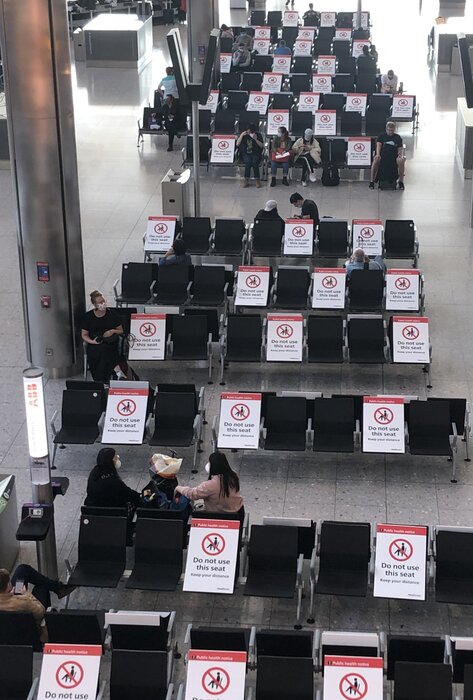
If you are flying with Virgin or Delta in a premium cabin, or have status, you can avoid this by heading to the Plaza Premium departure lounge. Rhys reviewed the Plaza Premium Heathrow Terminal 2 lounge here, shortly after it reopened.
Virgin Atlantic has produced a short video about the current ‘airport experience’ which you can find on YouTube here.
First stop – Delta Air Lines
We headed down to the gate where Delta’s 12.50 flight to Atlanta would be boarding.
(As an aside, it was good to see free magazines back in the terminal, if not in the lounges. Tom Otley, editor of Business Traveller, was especially pleased to see their first post-lockdown issue there. It is worth stocking up here as in-flight magazines have been removed.)
We met a Delta cleaning ‘ninja’ (my word, not his) who is assigned to ensure that the aircraft has been prepared to the necessary standards. His bag:
…. contains virtually everything needed to sanitise any spots he thinks may have been missed by the main crew.
We were a little early and, knowing how to keep a group of aviation writers happy, Delta allowed us to go down onto the tarmac and have a look around.
There were tables at the gate with (disposable) pens to complete the ‘Traveler Health Declaration’ form required for entry into the US.
The form basically says: ‘Do you have coronavirus? Yes/No’. It is probably as effective as the ‘Were you a Nazi war criminal? Yes/No’ question which used to appear on US immigration forms. One of the very few questions is ‘Have you been to Hubei Province, China in the past 14 days?’ which is not hugely relevant now.
Onto the aircraft
Delta is, like British Airways, boarding economy passengers by row to avoid anyone having to pass passengers already seated. Delta One passengers can board at their leisure as the airbridge connects to the centre doors, with business class turning left. Passport control and boarding pass scanning is now contactless.
HEPA filters
On the gangway we stopped to see a HEPA (High-Efficiency Particulate Air) filter in the flesh and to learn how it works. The filters remove all dust, allergens and bacteria from the cabin with air being replaced every 2-3 minutes. The air flow is top to bottom, effectively pushing down towards the floor level extractors anything you breath out.
You probably know that most long-haul aircraft are missing a window somewhere – it’s the row you want to avoid sitting in. This is where the air filtration vent sits, pumping air in and out.
Delta has produced a video which shows this in action better than I can explain. I recommend you take a look at this YouTube video on the Delta page if you want to learn more.
Cabin cleaning
Whilst it is something I see more and more these days via press events, there is always something a little spooky about being on an empty aircraft.
Cushions had been placed on many seats to encourage passengers to remain in their allocated spot. Part of the aircraft had also been blocked off so that any passengers or crew who displayed covid symptoms could be isolated.
Each active seat contained Delta’s Health Pack. This includes three face masks (the recommended life of each mask is three hours) along with wipes and hand sanitiser.
We had come on board to see electrostatic cleaning in action. This system is used by both Virgin Atlantic and Delta. We met the Delta operative again later in the day as he was boarding the Virgin Atlantic aircraft we had just visited.
Electrostatic cleaning means you get to wear this rather nifty Ghostbusters style uniform:
Since chemistry – or is this physics? – was never my strong point at school, I turned to the internet to find out what is going on here. To quote:
“What Is Electrostatic Disinfection?
Electrostatic spray surface cleaning is the process of spraying an electrostatically charged mist onto surfaces and objects. Electrostatic spray uses a specialized solution that is combined with air and atomized by an electrode inside the sprayer. Subsequently, the spray contains positively charged particles that are able to aggressively adhere to surfaces and objects. Because the particles in the spray are positively charged, they cling to and coat any surface they’re aimed at.
For awkwardly shaped objects or hard to reach places, cleaning staff only have to point and spray; the nature of the mist allows it to coat surfaces evenly, and envelope objects – even if the mist is only sprayed from one side. After the spray is applied, the sanitizing agent works to disinfect the covered surfaces. For this reason, electrostatic spray is an excellent solution for germ and contaminant ridden areas.
How Does Electrostatic Disinfection Work?
Electrostatic spray is electrically charged, allowing the appropriate sanitizers, mold preventatives and disinfectants to wrap around and evenly coat all types of surfaces for a more complete clean. As the chemical exits the electrostatic sprayer, it’s given a positive electrical charge. The droplets then become attracted to all negative surfaces, covering the visible area, underside and backside, with the sanitizing agent. Surfaces that are already covered will repel the spray, making the method extremely efficient.“
Whilst the tray tables were down during spraying, the article above makes clear that the mist will naturally find its way into nooks and crannies regardless.
If you are interested in how Virgin Atlantic approaches cabin cleaning, there is an interesting video on their YouTube site here.
In-flight service
Whilst British Airways is only serving cold food in economy and business class at the moment, served in a cardboard box, both Delta and Virgin Atlantic have returned to something closer to normal.
Here is a Delta business class meal which was laid out for us, designed to be served on one tray in one ‘pass’ of the cabin. There were chicken, pasta and beef options for the main course that day, with wine available.
Half an hour later we were at the other end of the terminal on a Virgin Atlantic aircraft. Here is the hot Virgin Atlantic economy and premium economy meal – both cabins receive the same at the moment – we were shown:
Here is a typical Virgin Atlantic Upper Class meal. I actually ate this as my lunch! It would obviously look better if it had been plated up, but this would require additional handling by the crew.
There are three main course options available on each flight. I was given a cod main.
Alcoholic drinks are available on Virgin Atlantic in all cabins, and indeed I was given a glass of champagne on entering the aircraft.
Conclusion
As we reported at the weekend, a recent US Government study – using real aircraft, not simulations – shows that the possibility of transmitting a virus on an aircraft is very low.
Since my visit to Heathrow, Virgin Atlantic has also doubled-down with pre-flight testing of all pilots and crew.
It is clear that both Virgin Atlantic and Delta are doing as much as possible to ensure the safety of passengers. Unfortunately for them, mass resumption of long-haul flying will also need travellers to be happy with the safety of their full journey from home to hotel – as well, of course, as the easing of entry and quarantine restrictions by Government.
Thank you to Virgin Atlantic and Delta Air Lines for arranging the day.
PS. If you are not a regular Head for Points visitor, why not sign up for our FREE weekly or daily newsletters? They are full of the latest Avios, airline, hotel and credit card points news and will help you travel better. To join our 70,000 free subscribers, click the button below or visit this page of the site to find out more. Thank you.
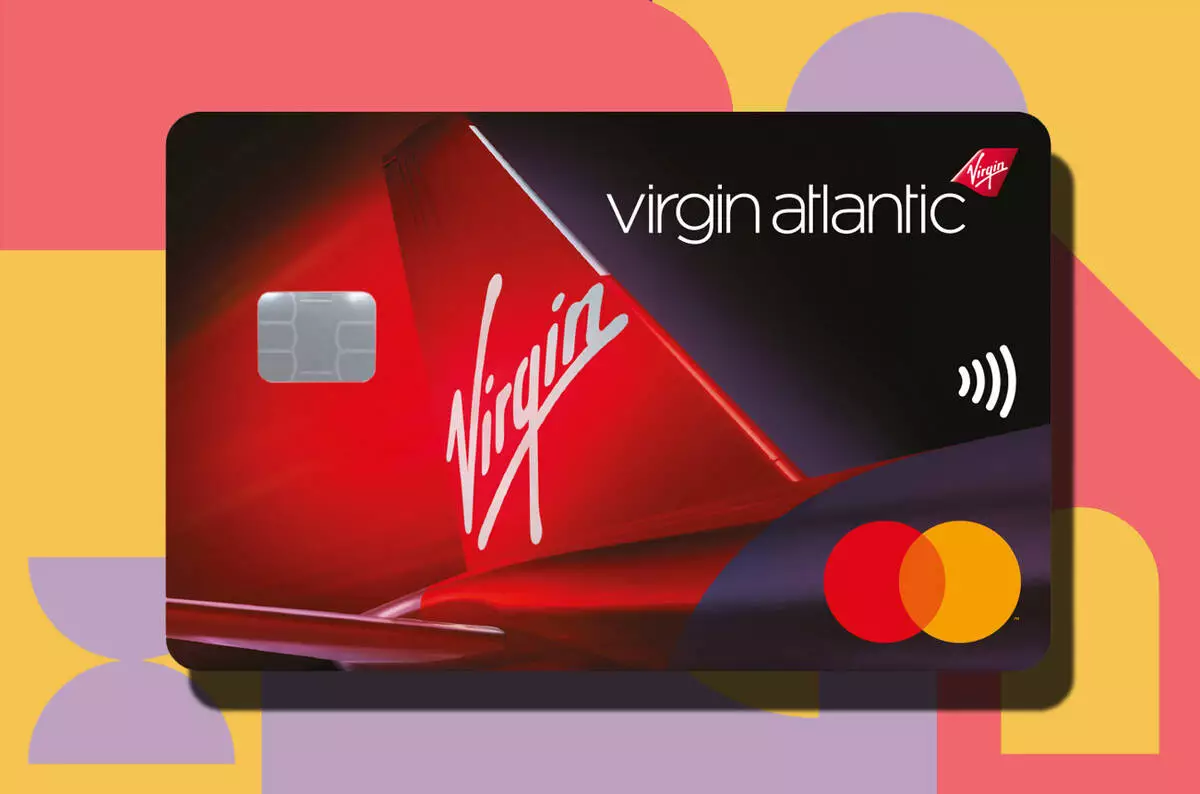
How to earn Virgin Points from UK credit cards (July 2025)
As a reminder, there are various ways of earning Virgin Points from UK credit cards. Many cards also have generous sign-up bonuses.
You can choose from two official Virgin Atlantic credit cards (apply here, the Reward+ card has a bonus of 18,000 Virgin Points and the free card has a bonus of 3,000 Virgin Points):
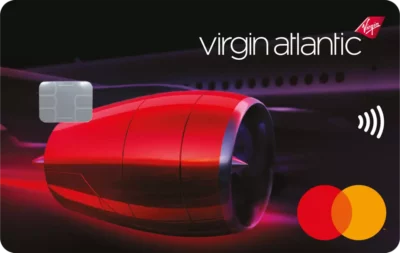
Virgin Atlantic Reward+ Mastercard
18,000 bonus points and 1.5 points for every £1 you spend Read our full review
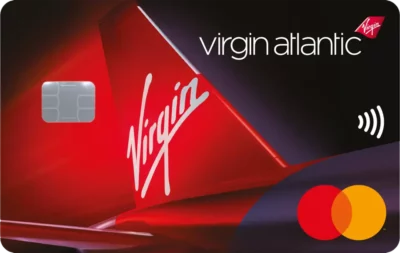
Virgin Atlantic Reward Mastercard
3,000 bonus points, no fee and 1 point for every £1 you spend Read our full review
You can also earn Virgin Points from various American Express cards – and these have sign-up bonuses too.
The American Express Preferred Rewards Gold Credit Card is FREE for a year and comes with 20,000 Membership Rewards points, which convert into 20,000 Virgin Points.

American Express Preferred Rewards Gold Credit Card
Your best beginner’s card – 20,000 points, FREE for a year & four airport lounge passes Read our full review
The Platinum Card from American Express comes with 50,000 Membership Rewards points, which convert into 50,000 Virgin Points.

The Platinum Card from American Express
50,000 bonus points and great travel benefits – for a large fee Read our full review
Small business owners should consider the two American Express Business cards. Points convert at 1:1 into Virgin Points.

The American Express Business Platinum Card
50,000 points when you sign-up and an annual £200 Amex Travel credit Read our full review

The American Express Business Gold Card
20,000 points sign-up bonus and FREE for a year Read our full review
Click here to read our detailed summary of all UK credit cards which earn Virgin Points.



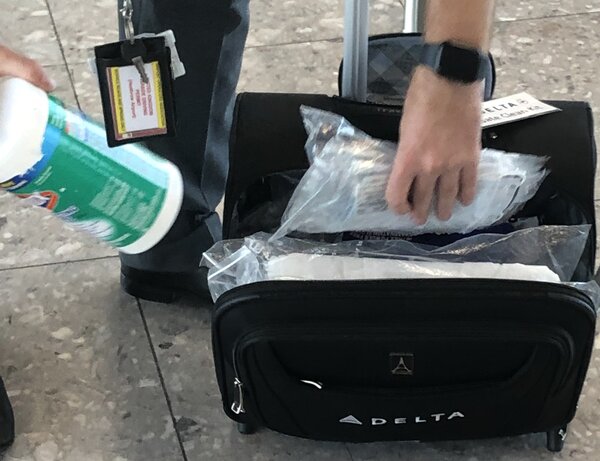
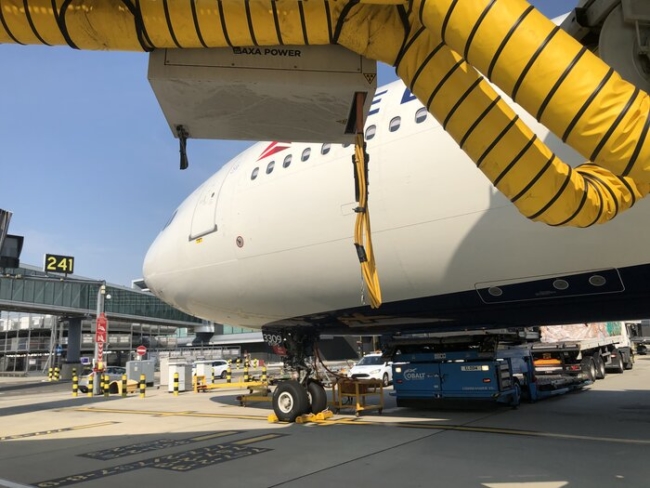
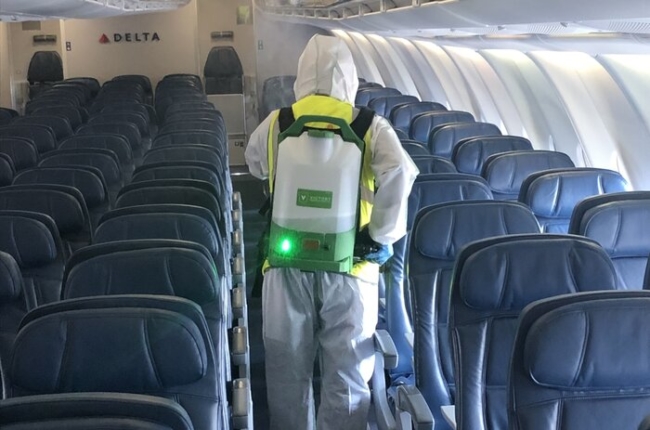
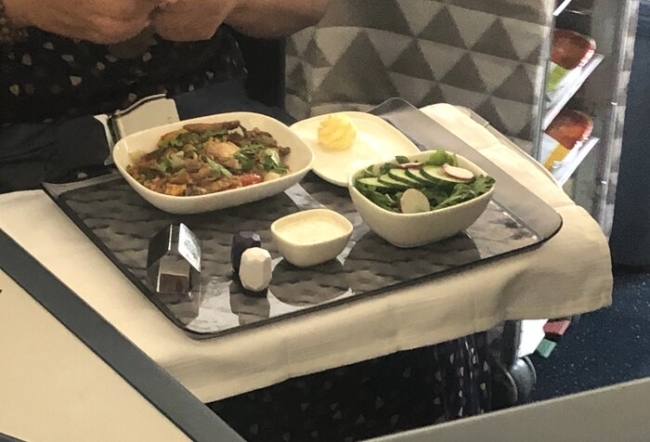
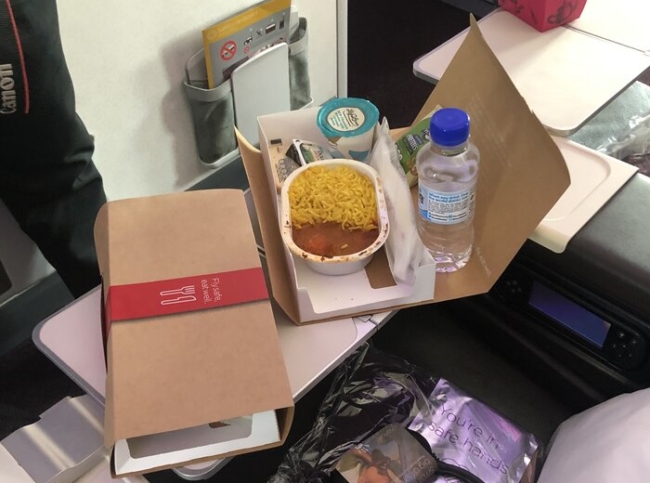
 Rob
Rob 





Comments (48)